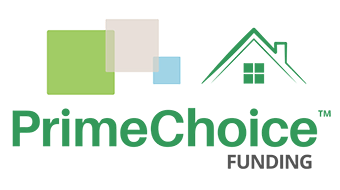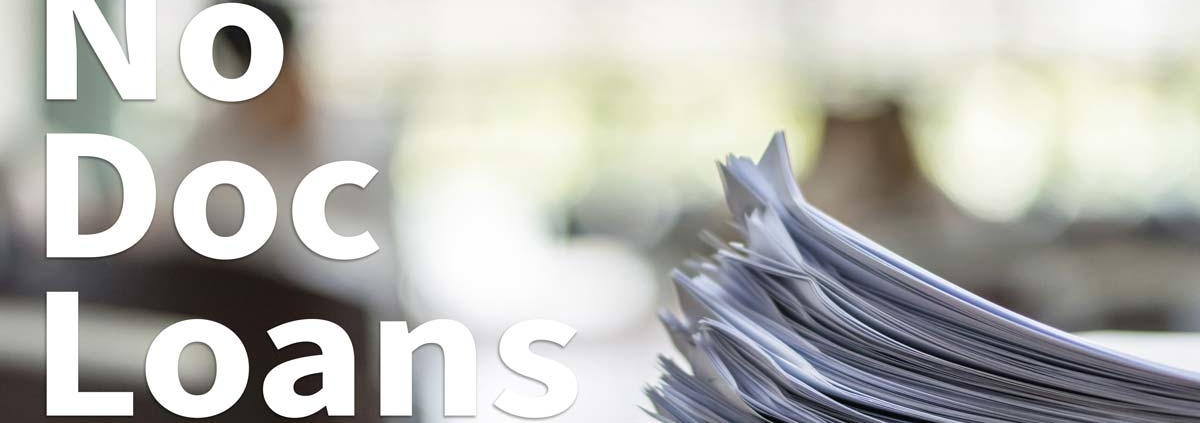What Is a No Doc Loan?
In an era when interest rates are attractive and processing is streamlined, getting a mortgage is as quick and painless — so to speak — as it ever was. With the prevalence of automated underwriting systems and relaxed, pre-banking crisis guidelines, loan applicants find that their approvals are accelerated and the terms are favorable. One ongoing headache, however, is the requirement for verifying documentation. Gathering pay stubs, bank statements, tax returns, insurance declarations and other forms is time-consuming and, worse, sometimes impossible for owners of all-cash businesses. Fortunately, self-employed entrepreneurs have essential recourse in the availability of no doc loans.
How Do No Doc Loans Work?
No documentation mortgage loans actually do require certain records. The verification to which the name “no doc” refers relate to income. Small business owners receive their revenue from a myriad sources. Not all of the income is declared on federal tax forms. Therefore, these usual staples of loan applications do not represent a prospective borrower’s capacity to repay the loan. The no doc mortgage application accordingly waives corroborating evidence of stated earnings. Instead, lenders accept the borrower’s assertion of annual compensation. Of course, this trust is not free; it comes at a price.
A bank or finance company will receive this sort of income declaration because its confidence is placed primarily in the value of the collateral, not the earnings of the borrower. The idea is that a property with a high enough resale price will compensate for monies lost in the event of default and subsequent foreclosure. Still, this is not the only way to offset the risk of no income verification. Banks offering no doc loans will also want to see an excellent credit profile and evidence of a solvent business. Doing so will prevent the devastating mistakes of years past.
Are No Docs Considered Alt-A Loans?
Loans where the risk factor hovers between prime and sub-prime (high risk) are categorized as Alt-A loans. These loans grew in popularity in the years leading up to the banking crisis of 2007 through 2009. They are also implicated as fomenting that crisis. In addition to no doc, Alt-A products included:
- Low Doc Loans — where good credit scores precluded the need for much supporting information
- No Income/No Asset — docs are waived as long as employment is confirmed
- Stated Income/Stated Asset — little to no verification asked for
- NINJA, i.e. No Income, No Job, No Assets — credit extended freely without any evidences
These loans had high default rates in the early 2000s yet were sold in large pools to investors. In the case of no doc loans, the high credit standards and other conditions that offset the risk were inconsistently enforced. The Dodd-Frank regulations were a response by the U.S. Congress to correct that laxity. The no doc products offered today impose stricter standards in order to serve the borrowers for whom income verification is a challenge. Nevertheless, lenders assume a greater hazard when they do without standard documentation. As a consequence, they charge higher rates on no doc loans.
Is No Doc Right for You?
Rates notwithstanding, no doc mortgage loans are a practical way for the self-employed and others with fluctuating incomes to finance a home purchase. A good way to determine the feasibility of a no doc application — or to consider alternatives — is to consult a loan officer with a well-established and well-regarded mortgage lender. A seasoned professional can help to navigate around the questions regarding no doc products.
No doc mortgage loans are of particular interest to real estate investors. Lenders want to see how such a property will perform. Underwriters review the Debt Service Coverage Ratio to see if projected monthly income from the property matches or surpasses the monthly loan payment. A matching ratio is 100 percent; anything higher is better. Appraiser surveys of similar local houses or current active leases confirm the projections. Variations of no docs include bank statement loans that work from two years of deposit activity. If you are self employed and want to obtain a bank statement loan, we can help and only ask that you provide 12-24 months of business and personal statements. If assets are abundant enough, they can prove the capacity to repay the loan by themselves.
Adam Luehrs is a writer during the day and a voracious reader at night. He focuses mostly on finance writing and has a passion for real estate, credit card deals, and investing.






